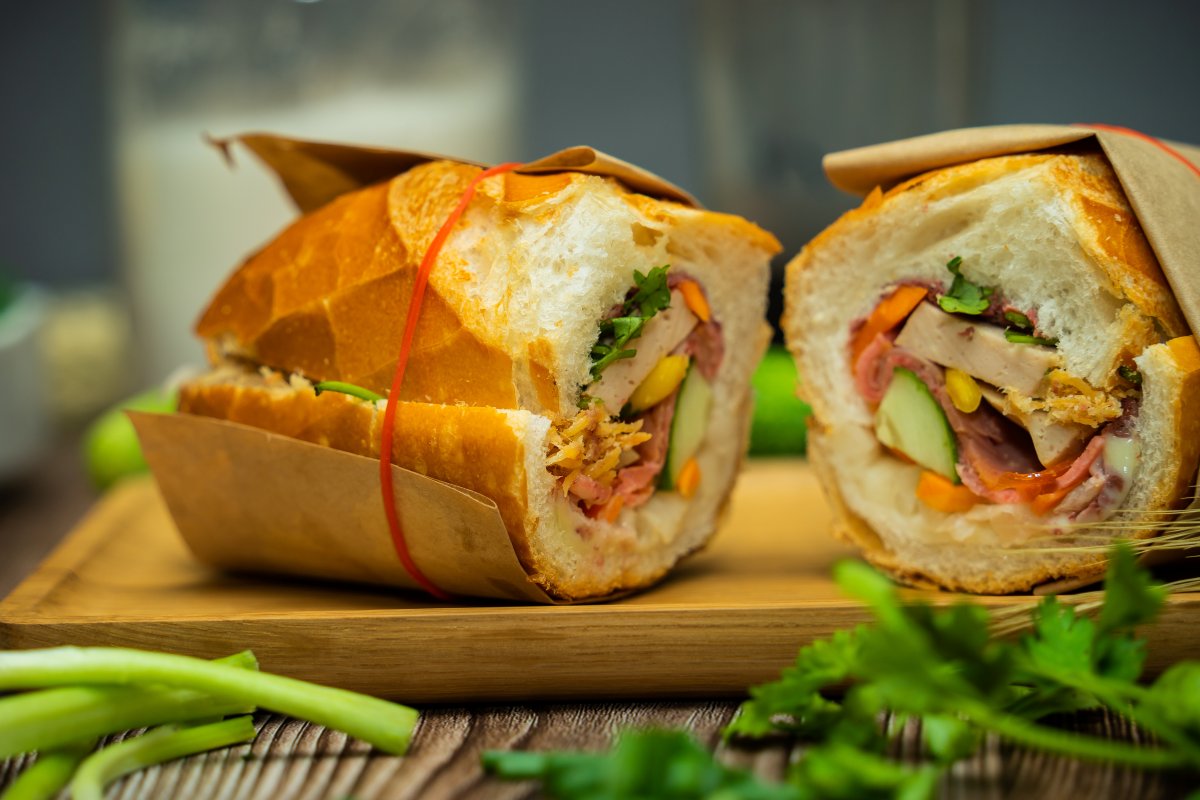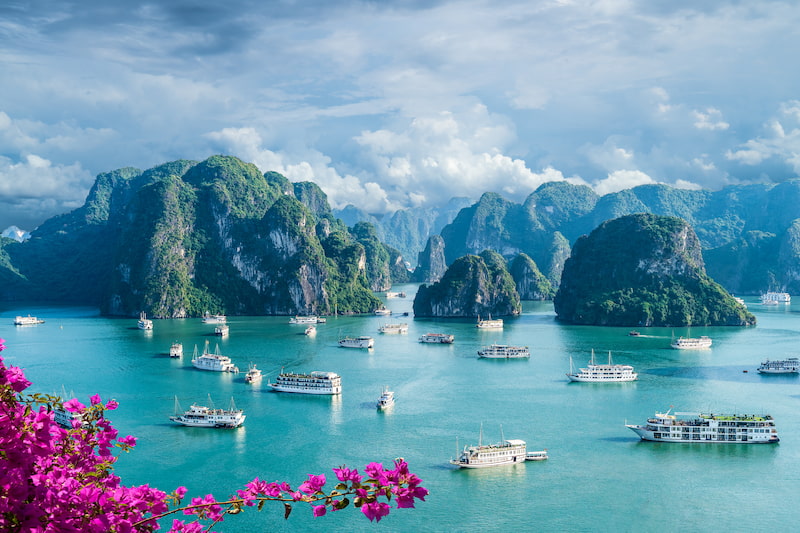Dr Nayak said: “The tourism sector in Vietnam faces a significant challenge with the increasing demand for water in hotels, resorts, and other tourist accommodations.”
According to Dr Nayak, hotels and resorts are major water consumers, driven by guest room use, food services, recreational facilities, and maintenance needs.
“Globally, benchmarks for water consumption within the tourism accommodation sector are estimated to be around 350 litres per guest per night. However, luxury hotels can significantly exceed this average, with usage reaching up to 3,423 litres per guest per night,” he said.
“These figures highlight the substantial water demand of the tourism industry, particularly within the luxury segment.”
In Vietnam, especially in tourist hubs like Hanoi, Ho Chi Minh City, Da Nang, and coastal areas, similar high water usage patterns are observed.
Dr Nayak said this heightened consumption strains already limited water resources, particularly in popular tourist destinations.
Coupled with existing challenges such as climate change and salinisation, the tourism sector's high-water usage intensifies the competition for water between tourists and local communities, potentially leading to more severe shortages.
Dr Nayak said: “To add to the problem many establishments still rely on outdated infrastructure and practices that do not prioritise water conservation, leading to significant water wastage and further stressing limited resources.
“The high concentration of tourists in certain areas intensifies local water demand, often exceeding supply capabilities, especially during peak seasons.”
Sustainable solutions for accommodation sector
As climate change and tourist development intensify water stress, individual efforts in the accommodation sector become crucial in addressing the rising water demand in Vietnam's booming tourism industry.
Dr Nayak highlighted: “Although various sustainability measures have been implemented, the role of individual initiatives within hotels is vital for effective water management.
“Engaging environments that promote collaboration among stakeholders and integrate water-saving practices into broader business strategies are essential. Such environments can significantly influence guest behaviour, encouraging them to adopt positive actions like water conservation.”
This collaborative approach ensures sustainable water management in the hotel sector, balancing the economic benefits of tourism with the need to conserve water resources. Therefore, the tourism and accommodation industries must prepare for future challenges by implementing sustainable water management practices and promoting conservation among guests.
Dr Nayak pointed out that “visitors are willing to participate in environmental conservation if effectively communicated with.”







